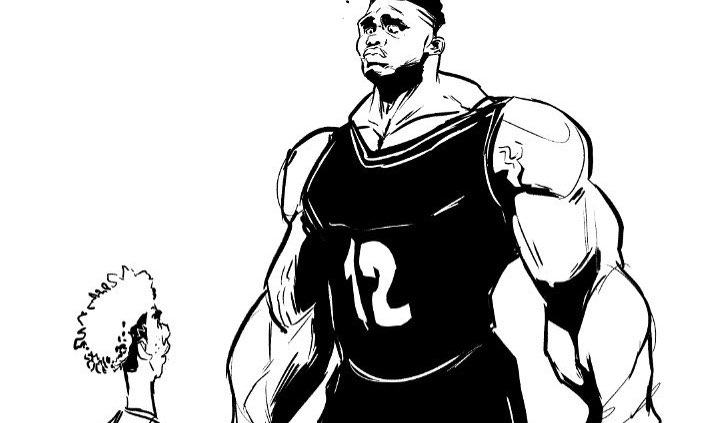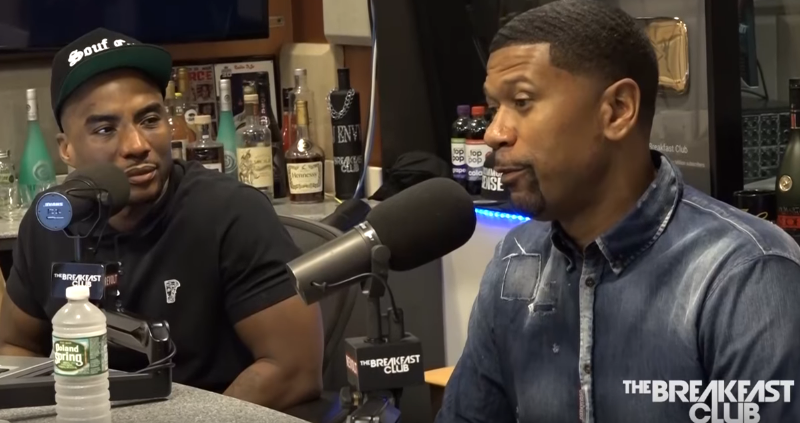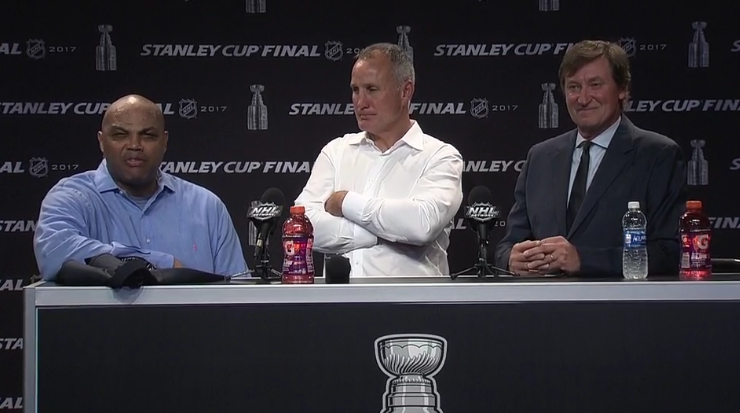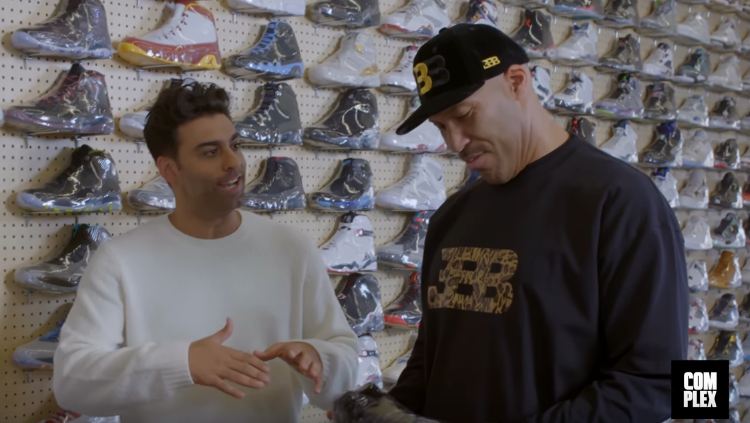Former NBA centre John Amaechi, who disclosed his homosexuality last week, said anti-gay comments by another retired player “demonstrate the need to continue the conversation.”
Retired Miami Heat guard Tim Hardaway said on a radio show Wednesday that he hates gay people, then later apologized for his remarks.
“I don’t need Tim’s comments to realize there’s a problem,” Amaechi said in a phone interview yesterday. “People said that I should just shut up and go away – now they have to rethink that.”
Hardaway’s comments were sparked by Amaechi’s decision to come out of the closet.
“You know, I hate gay people, so I let it be known. I don’t like gay people and I don’t like to be around gay people,” Hardaway said. “I’m homophobic. I don’t like it. It shouldn’t be in the world or in the United States.”
Hardaway also said if he did find out that a teammate was gay, he would ask for the player to be removed from the team.
“His words pollute the atmosphere,” Amaechi said. “It creates an atmosphere that allows young gays and lesbians to be harassed in school, creates an atmosphere where in 33 states you can lose your job and where anti-gay and lesbian issues are used for political gain,” Amaechi said.






It’s been hard not to notice that the TV news analysis of Tim Hardaway’s hate rant has often been so incredibly lacking. I suppose this shouldn’t be a surprise, considering how the American sports media mostly mishandled John Amaechi’s coming out in the first place. Kenny Smith and Charles Barkley, on TNT’s prominent NBA broadcasts, took the cynical approach (one they curiously intended as the high ground) that NBA players don’t have issues with gay teammates and that Amaechi’s only reason for coming out was to sell a book. Charles, never the sharpest tool in the shed, was unwilling or unable to take the issue beyond this superficial, preposterously presumptive thought (and by the way, Charles, every appearance you make on TV pads your pockets, too; does that mean we should dismiss your diatribes as pure money-making schemes?). NBA players may be progressive compared to the neanderthals in the NFL and MLB, but not by much. All three leagues feature culturally challenged men obsessed with sandbox notions of masculinity, but also a startling number religious zealots who can be heard after games praising a God who they believe helps them win and helps their coincidentally God-fearing opponents lose. For Charles or Kenny to assert that such an atmosphere is likely to be one of tolerance for an out-of-the-closet baller is ludicrous. Hardaway’s comments, as Amaechi himself pointed out, are in this way a relief, for at least they cut through the kind of see-no-evil, hear-no-evil nonsense spouted by “analysts” like Barkley.
This is exactly why people like Barkley are so ill-equipped to publicly moderate discussions on the matter. In the wake of Hardaway’s comments, Barkley said a gay teammate is a non-issue, that he, for instance, would be fine playing and showering and going out to road game dinners with such a person. Fair enough. Let’s assume, though, especially given Hardaway’s comments, that the same would not be true for every NBA player. The next step would be to analyze where this hatred comes from and why professional sports teams might be super-saturated representations of the greater homophobic population in the good ol’ US of A. But wait, doesn’t that homophobia and hatred come primarily from Western religion, and, in the case of American sports, specifically, Christianity? In that context, let’s entertain Barkley’s new favorite post-Hardaway sign-off on the topic: “Only God can judge people.” He means this, partly, as a way to say that he himself doesn’t judge Amaechi or other gay people. But the statement also points us to the widely-held belief that God, through Christian doctrine, does judge gay people and in fact damns them to hell. So why would we (or the NBA or Turner Broadcasting) want Barkley, a Christian regularly given to asserting his Christianity, attempting to publicly moderate a discussion about a negative and damaging cultural phenomenon (homophobia) when that same phenomenon is engendered by principles of a religion that the moderator (Barkley) himself admits to follow? Do you think anyone at TNT or in the NBA league office realizes that, in those moments when Barkley pretends to take the high ground by saying, “Only God can judge people,” he is, and they are by extension, actually perpetuating homophobia? This should be a major embarrassment for the league and for TNT, but I’m certain that it’s written off as nothing more than “Charles being Charles.”
Part of the issue here is that, with an explosion of media and networks and broadcasts in general, there has been a greater “need” for more talking heads, along with a greater “need” for more entertaining and thus competitive talking heads, and this has resulted in a considerably larger talent pool with extremely meager credentials. Barkley is a direct result of this. Should someone with his lack of depth and perspective really be afforded an analyst’s job at TNT? This problem is slightly less conspicuous when he and Kenny and Ernie are jawing about basketball talent or strategy or Charles’ gut, but it’s writ large and rimmed in neon when they veer into social or cultural issues like homosexuality and tolerance. I wish I could say that this hiring trend was more than just a temporary low point on the sports continuum, but given the money involved and the ingrained corporate wisdom that lowest common denominator material is the easiest way to that money, I, unfortunately, don’t see it waning any time soon. Barkley, if he gets his wish, may end up in politics someday in the near future. And if present conditions are any indication, he’ll be welcomed with open, Republican arms in a profession that tolerates, even privileges, culturally-stunted men with little analytical skill and even less capacity to formulate their thoughts through language. Oh, goody.